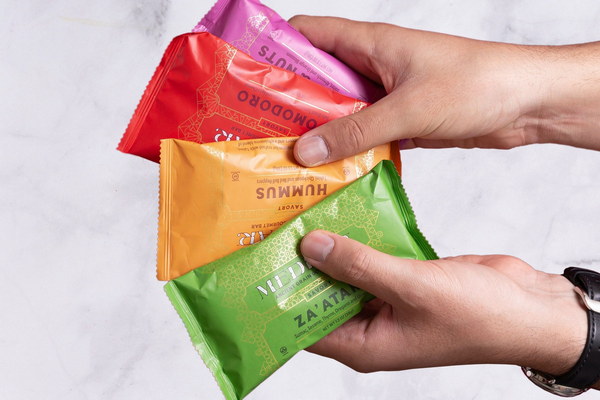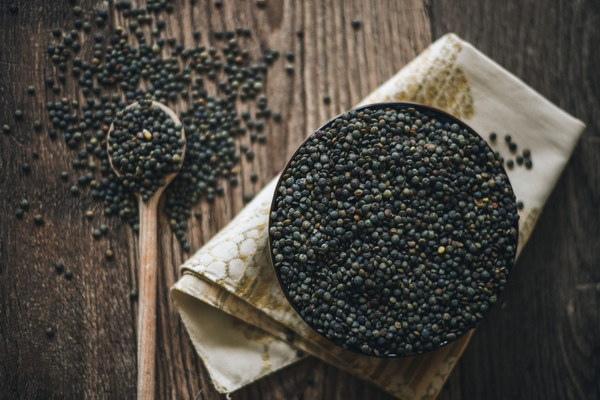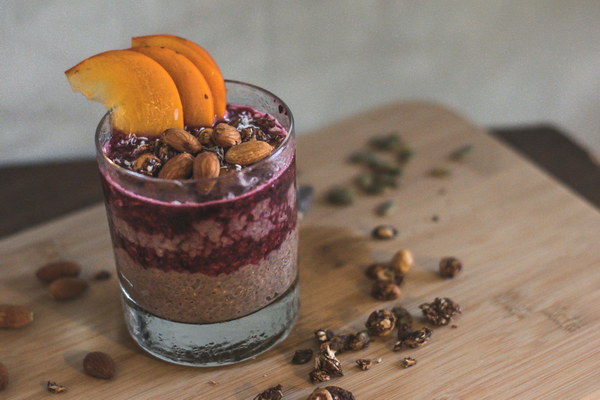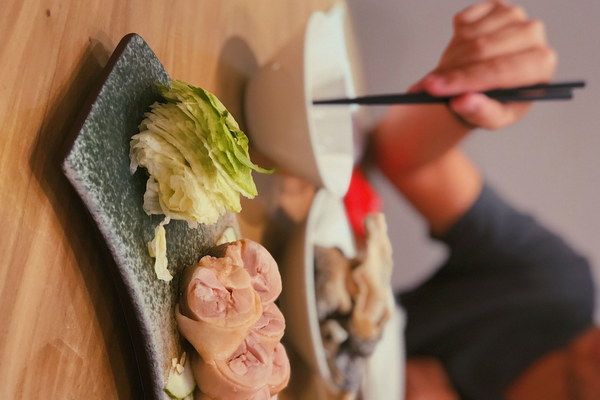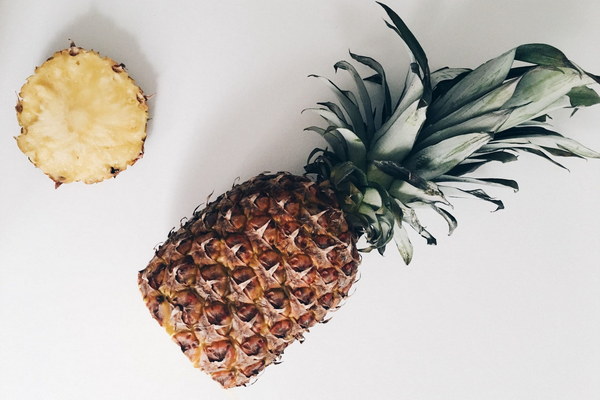Can Helicobacter Pylori Be Eliminated with Diet Therapy Alone
Helicobacter pylori (H. pylori) is a bacterium that can cause various gastrointestinal disorders, including ulcers and stomach cancer. While conventional treatments often involve a combination of antibiotics and acid-suppressing medications, the question of whether diet therapy alone can eliminate H. pylori remains a topic of interest for many. In this article, we will explore the potential of diet therapy in combating this pesky bacterium.
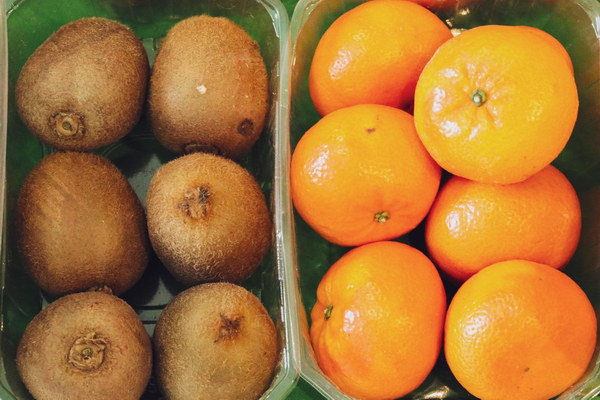
The Role of Diet in H. pylori Infection
Diet plays a crucial role in the health and functioning of the human body, and it is no different when it comes to H. pylori infection. Research suggests that certain dietary habits can either exacerbate or mitigate the risk of H. pylori colonization and its associated diseases.
1. Probiotics and Prebiotics: These are beneficial microorganisms and their substrates, respectively, that can help maintain a healthy gut flora. Consuming probiotic-rich foods like yogurt, kefir, and sauerkraut may help suppress H. pylori growth, while prebiotic foods such as bananas, onions, and garlic can serve as substrates for probiotics, fostering their growth.
2. Antioxidants: Foods high in antioxidants, such as fruits, vegetables, and green tea, may help reduce the oxidative stress caused by H. pylori infection, potentially aiding in its elimination.
3. Anti-inflammatory Foods: Inflammation is a common feature of H. pylori infection, and certain foods can help reduce inflammation. Omega-3 fatty acids found in fatty fish, flaxseeds, and walnuts can be particularly beneficial in this regard.
4. Acid-Reducing Foods: Since H. pylori thrives in an acidic environment, consuming foods that can reduce stomach acidity may help in eliminating the bacterium. Foods like bananas, milk, and rice are known to be less acidic and can be included in the diet.
5. Avoiding Risky Foods: Foods that can promote H. pylori colonization and inflammation should be avoided. These include spicy foods, alcohol, caffeine, and high-fat foods.
The Potential of Diet Therapy in Eliminating H. pylori
While diet therapy alone may not be sufficient to eliminate H. pylori in all cases, it can be a valuable component of a comprehensive treatment plan. Here are some ways in which diet therapy may contribute to H. pylori eradication:
1. Complementary Treatment: When combined with antibiotics and acid-suppressing medications, a diet rich in probiotics, antioxidants, and anti-inflammatory foods may enhance the effectiveness of the treatment.
2. Prevention: Adopting a healthy diet can help prevent H. pylori colonization, especially in individuals with a high risk of infection, such as those with a family history of stomach cancer or those living in areas with poor sanitation.
3. Long-term Management: For those who have been successfully treated for H. pylori infection but remain at risk of recurrence, maintaining a healthy diet can help reduce the chances of reinfection.
4. Symptom Relief: Even if diet therapy does not eliminate the bacterium, it can help alleviate symptoms associated with H. pylori infection, such as heartburn and abdominal pain.
Conclusion
In conclusion, while diet therapy alone may not be a standalone cure for H. pylori infection, it can be an essential part of a comprehensive treatment plan. Incorporating probiotics, antioxidants, anti-inflammatory foods, and avoiding risky foods may help reduce the risk of colonization, alleviate symptoms, and potentially enhance the effectiveness of other treatment methods. As with any health-related matter, it is always best to consult with a healthcare professional before making significant changes to your diet or treatment plan.


